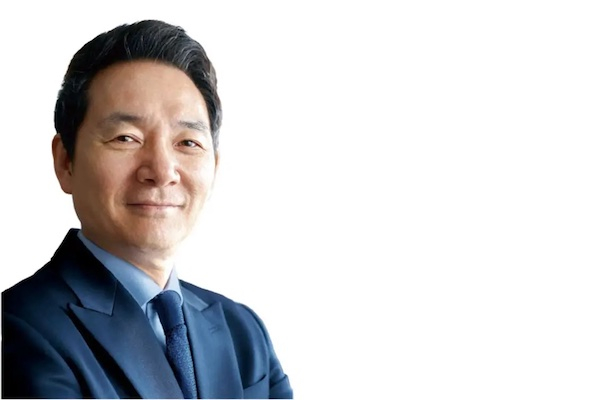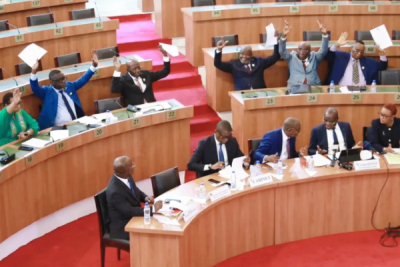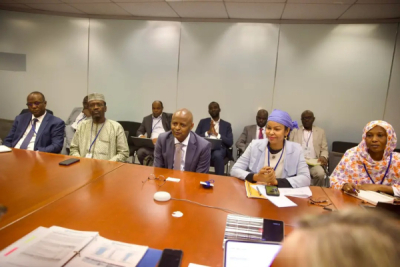Africa's youth-dominated population presents a prime opportunity for the continent to emerge as a digital hub. Governments are actively tapping into this valuable resource to drive progress and foster economic development.
Nigeria's Vice President, Kashim Shettima, unveiled on Monday June 26, a plan to generate one million digital jobs for the youth. During talks with a Korean delegation led by Special Envoy Jang Sungmin (photo), he stressed the importance of strategic collaborations to achieve this objective.
Reaffirming Nigeria's commitment to bolstering ties with Korea, Shettima highlighted the potential for learning from Korea's successes in manufacturing and agriculture. The Vice President also pointed out that with 75% of Nigerians under the age of 35, Nigeria sees an opportunity to address global talent deficits, while also emphasizing the need for Korea's assistance in digital skills training and technology support. “We need the skills set, we need the technology to drive the process and yours is a technology that we can embrace,” he said.
The Nigerian government, focusing on security and economic development, expressed its commitment to supporting Korean businesses operating in the country and creating a favorable business environment for foreign investors.
The partnership between Nigeria and Korea in skills training and technology support is expected to play a crucial role in achieving the government's target of one million digital jobs. This collaboration opens doors not only to addressing talent shortages but also to Nigeria's integration into the global digital landscape.
According to the "Africa's Development Dynamics 2022: Regional Value Chains for a Sustainable Recovery" report by the Organization for Economic Cooperation and Development, “Africa's thriving digital sector presents an opportunity for governments to drive post-COVID-19 growth. By promoting the adoption of digital technologies, and data sharing [… ], African countries can expedite economic transformation and generate productive employment, aligning with the African Union Agenda 2063 aspirations.”
Hikmatu Bilali



















